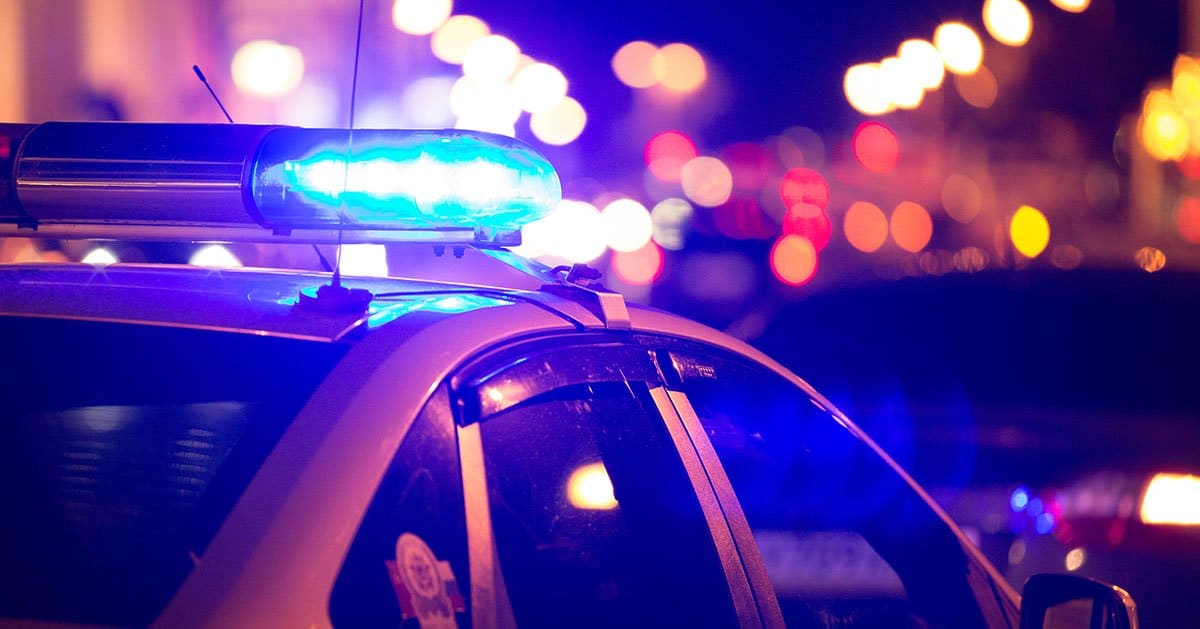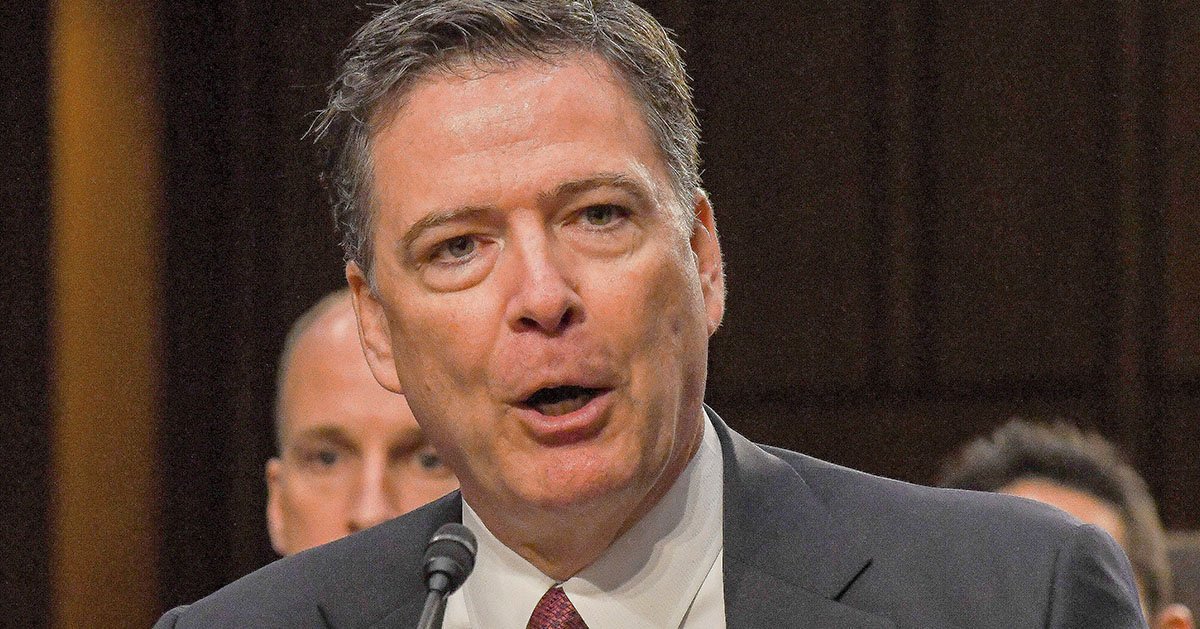



Foreign students breaking U.S. laws are learning a tough lesson: actions have consequences. The Trump administration, doubling down on national security, has stripped over 6,000 student visas in 2025 for violations ranging from assault to supporting terrorism. It’s a bold move that’s got progressives clutching their pearls.
Fox News reported that in a sweeping immigration crackdown, the State Department revoked these visas for issues like visa overstays, DUIs, burglary, and, most alarmingly, support for groups like Hamas.
This aligns with President Donald Trump’s January 2025 executive orders, which tightened vetting for aliens, especially from high-risk regions, and targeted antisemitic violence. The policy shift is clear: America’s hospitality isn’t a free pass to flout the law.
Under Secretary of State Marco Rubio, the administration zeroed in on students disrupting campuses, particularly those involved in pro-Palestine protests.
A senior State Department official told Fox News Digital, “Every single student visa revoked under the Trump Administration has happened because the individual has either broken the law or expressed support for terrorism.” That’s a mic-drop moment for those who think guest privileges come without accountability.
Of the 6,000-plus visa revocations, about 800 stemmed from arrests or charges tied to assault. Another 200 to 300 students lost visas for supporting terrorism, including fundraising for Hamas, a U.S.-designated terrorist group. These aren’t minor infractions; they’re red flags waving in the face of national security.
The numbers tell a story: 40,000 total visas revoked in 2025, dwarfing the 16,000 yanked during the same period under Biden.
“About 4,000 visas alone have been revoked because these visitors broke the law while visiting our country,” a State Department official noted. The contrast exposes a softer stance from the previous administration, which some argue invited chaos.
Trump’s January executive orders set the stage, directing legal tools to prosecute or remove those engaging in unlawful antisemitic acts. This wasn’t just rhetoric; it was a blueprint for action. The message? If you’re here to study, stick to the books, not crime or extremism.
In May 2025, Rubio announced a review of visas for students tied to campus protests, signaling a no-nonsense approach.
“We’re going to continue to revoke the visas of people who are here as guests and are disrupting our higher education facilities,” he told lawmakers. It’s a stance that resonates with those tired of seeing campuses turned into battlegrounds.
Student visas, distinct from green cards, allow non-citizens to study in the U.S. for a fixed period. Violating that privilege—whether through overstaying or lawbreaking—triggers consequences. The administration’s logic is straightforward: guests don’t get to trash the house.
Democrats, predictably, are crying foul. Sen. Jeff Merkley called the revocations “a fundamental attack on freedom,” arguing they violate due process. But when students fund terrorists or assault others, one wonders if Merkley’s concern for “liberty” extends to their victims.
Merkley’s critique, while passionate, misses the mark. “Due process is the guardian of the gate,” he told Rubio, but what about the gatekeeping that protects Americans from harm? The administration argues that lawbreakers forfeit their welcome, a view many find refreshingly pragmatic.
The State Department insists this isn’t new. “Even if the previous administration was doing less, they were still revoking visas,” an official said. The difference lies in scale and resolve, with Trump’s team unwilling to let violations slide.
Not everyone targeted is a hardened criminal. Some students may have made dumb mistakes, like overstaying a visa or getting a DUI.
But sympathy wanes when you consider the 200 to 300 who backed terrorism—hardly the “innocent scholars” narrative pushed by critics.
The revocation of 40,000 visas in 2025 shows a policy with real teeth. Unlike the Biden era’s lighter touch, Trump’s approach signals that America prioritizes safety over sentiment. It’s a wake-up call for those who thought the U.S. was an open buffet for lawbreaking.
Rubio’s review of pro-Palestine protestors’ visas underscores a broader point: academic freedom doesn’t mean a free pass to disrupt or endanger. The administration’s focus on antisemitic violence, as outlined in Trump’s executive order, ties directly to campus unrest. It’s a line in the sand that many Americans applaud.



